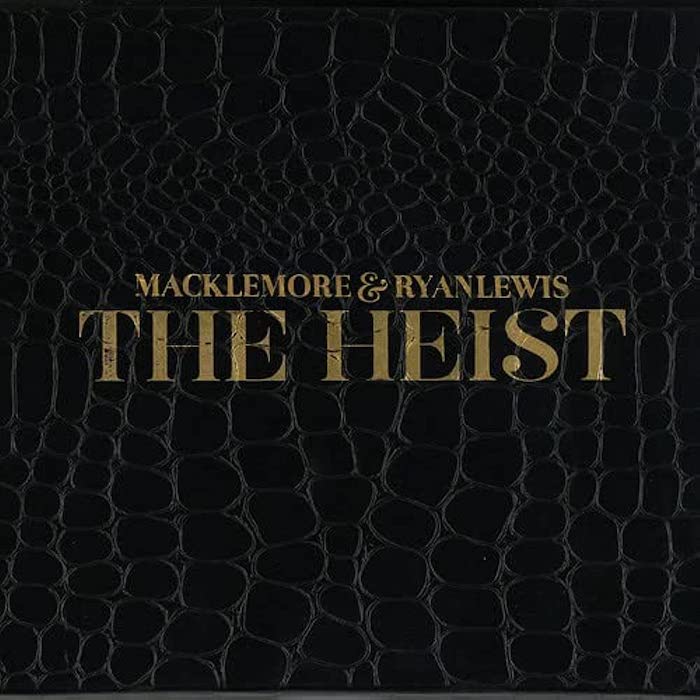
EDITORIAL RESPONSE: STOP SAYING ANYTHING ABOUT MACKLEMORE’S “THRIFT SHOP”
Brandon Soderberg’s recent SPIN.com article, “Stop Saying Nice Things About Macklemore’s ‘Thrift Shop,’” is a catching read. He describes the (currently) #1 track as, “…a rap from a white guy celebrating common sense and sustainability — spending money at the local Goodwill or Salvation Army instead of at the mall or some streetwear boutique — that misses the mark and ends up as a party track for privileged dweebs.” Thankfully, internet commenter, Princess Joy Villa, was there to pithily explain his reasoning: “You, my Journalistic Critic, are the very definition of a hater. Write about something the people DONT love, and maybe you’ll provide something valuable.” A revelation struck: STOP SAYING ANYTHING ABOUT MACKLEMORE’S, “THRIFT SHOP” (Hypocrisy acknowledged).
Let’s be clear: “Thrift Shop” is a damn good song that a lot of people love. After a song hits number one, the critic’s job is done. Denigrating what already exists, in an effort to strike it down, is for middle-school girls and gossip columnists (bless them). Publicly magnifying a distaste for a certain song is just annoying. Music criticism exists to offer an interesting way to hear something old or introduce something new. At least it should; I’m (occasionally) guilty of the contrary.
The 21st century is an era of noise. Infinite frequencies of information clash against each other, creating an often unpleasant confusion for the post-modern human. Journalists pick and choose certain frequencies, those of which they think their audience will find interesting, and (often) amplify them out of proportion to provoke a reaction. Anger is easy to provoke and often squeezes quite a few apt comments from the teat of the outer internet. The phenomenon criticized by Jon Stewart & Will Mccavoy (of Sorkin’s, “The Newsroom”) and embodied by Ann Coulter and Ed Schultz.
A sad trope in the 21st century is the recently degraded nature of music-culture ownership. When a beloved, independent act hits the “big time,” it’s easy to react negatively, much in the same way you begrudge and lambaste a childhood friend, Trevor, who becomes popular in middle school and doesn’t want to play in the dirt with you anymore. The exclusivity of actually owning a physical record has gone by the wayside, so one has to manufacture exclusivity in less tangible ways: 1. “You’ve probably never heard of them.” 2. “Ugh. They sold out.”
Still, you won’t (really) convince your classmates that Trevor is a douchebag just because he didn’t want to spend as much time with you anymore. You won’t convince an inner-city youth to use standard English by loudly criticizing his/her grammar. You won’t convince a fundamentalist Christian to accept gay marriage by loudly declaring him/her ignorant. You won’t convince a Nickleback fan to try The Jesus and the Mary Chain by loudly scoffing at his (trust me…his) taste. Give people options and another way to examine something and they will make the decision for themselves OR choose based upon the recommendation of someone who loves and respects them.
And when an aspect of American music-consumption culture bothers you, remember the immortal words of Ice-T: “Don’t hate the player, hate the game.”
…Also remember to watch the man who penned, “Cop Killer” on “Law and Order: SVU.” Make of that what you will.
Some other quotes for reflection:
“If you don’t have anything nice to say, don’t say anything at all.”-My grandmother
“Any press is good press.”-Everyone but my drug dealer
“With arms wide open; Under the sunlight; Welcome to this place; I’ll show you everything.”-Creed



Post a comment